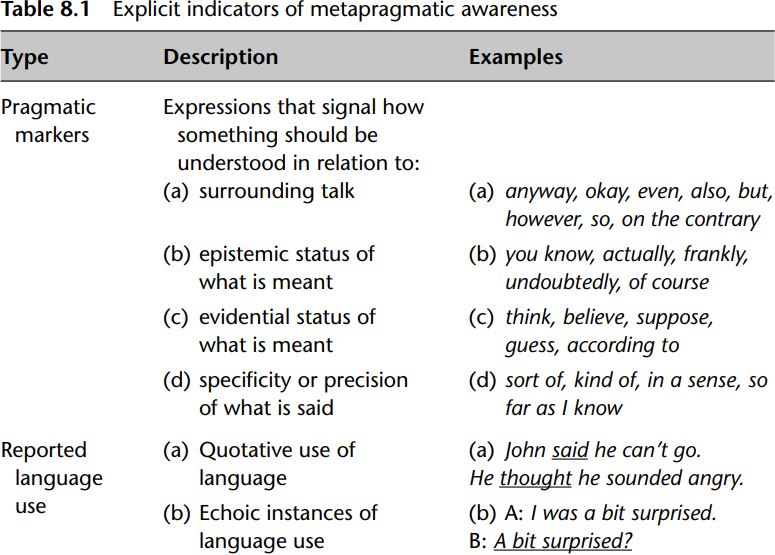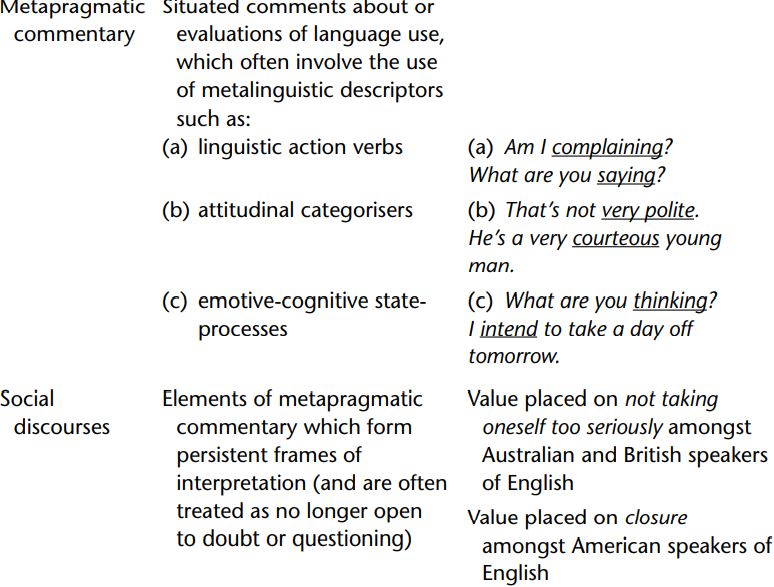

Grammar


Tenses


Present

Present Simple

Present Continuous

Present Perfect

Present Perfect Continuous


Past

Past Simple

Past Continuous

Past Perfect

Past Perfect Continuous


Future

Future Simple

Future Continuous

Future Perfect

Future Perfect Continuous


Parts Of Speech


Nouns

Countable and uncountable nouns

Verbal nouns

Singular and Plural nouns

Proper nouns

Nouns gender

Nouns definition

Concrete nouns

Abstract nouns

Common nouns

Collective nouns

Definition Of Nouns

Animate and Inanimate nouns

Nouns


Verbs

Stative and dynamic verbs

Finite and nonfinite verbs

To be verbs

Transitive and intransitive verbs

Auxiliary verbs

Modal verbs

Regular and irregular verbs

Action verbs

Verbs


Adverbs

Relative adverbs

Interrogative adverbs

Adverbs of time

Adverbs of place

Adverbs of reason

Adverbs of quantity

Adverbs of manner

Adverbs of frequency

Adverbs of affirmation

Adverbs


Adjectives

Quantitative adjective

Proper adjective

Possessive adjective

Numeral adjective

Interrogative adjective

Distributive adjective

Descriptive adjective

Demonstrative adjective


Pronouns

Subject pronoun

Relative pronoun

Reflexive pronoun

Reciprocal pronoun

Possessive pronoun

Personal pronoun

Interrogative pronoun

Indefinite pronoun

Emphatic pronoun

Distributive pronoun

Demonstrative pronoun

Pronouns


Pre Position


Preposition by function

Time preposition

Reason preposition

Possession preposition

Place preposition

Phrases preposition

Origin preposition

Measure preposition

Direction preposition

Contrast preposition

Agent preposition


Preposition by construction

Simple preposition

Phrase preposition

Double preposition

Compound preposition

prepositions


Conjunctions

Subordinating conjunction

Correlative conjunction

Coordinating conjunction

Conjunctive adverbs

conjunctions


Interjections

Express calling interjection

Phrases

Sentences

Clauses

Part of Speech


Grammar Rules

Passive and Active

Preference

Requests and offers

wishes

Be used to

Some and any

Could have done

Describing people

Giving advices

Possession

Comparative and superlative

Giving Reason

Making Suggestions

Apologizing

Forming questions

Since and for

Directions

Obligation

Adverbials

invitation

Articles

Imaginary condition

Zero conditional

First conditional

Second conditional

Third conditional

Reported speech

Demonstratives

Determiners

Direct and Indirect speech


Linguistics

Phonetics

Phonology

Linguistics fields

Syntax

Morphology

Semantics

pragmatics

History

Writing

Grammar

Phonetics and Phonology

Semiotics


Reading Comprehension

Elementary

Intermediate

Advanced


Teaching Methods

Teaching Strategies

Assessment
Forms of metapragmatic awareness
المؤلف:
Jonathan Culpeper and Michael Haugh
المصدر:
Pragmatics and the English Language
الجزء والصفحة:
240-8
27-5-2022
2276
Forms of metapragmatic awareness
Metapragmatics, in our view, encompasses the study of language usages that indicate reflexive awareness on the part of participants about those interactive or communicative activities they are currently engaged in. A number of indicators of metapragmatic awareness have been identified in studies thus far. These range from those that are expressed explicitly when language use becomes the subject matter of speech, through to those that arise implicitly insofar as the production of talk “takes account of its own nature and functioning” (Lucy 2000: 213). The latter involves anchoring linguistic (and non-linguistic) forms to contexts, an area that we have already discussed. We have therefore only focused on relatively explicit indicators of metapragmatic awareness in Table 8.1. The four key types listed are (1) pragmatic markers, (2) reported language use, (3) metapragmatic commentary, and (4) social discourses. Underpinning all of these different forms of metapragmatic awareness is the folk metalanguage drawn upon by users, in this case, users of English.


It is important to note that we have collapsed finer distinctions in some cases for the sake of simplicity in our presentation of these indicators. Categories such as pragmatic markers, for instance, can be further sub-divided by making distinctions between discourse markers, sentence adverbs, hedges, self-referential expressions, explicit intertextual links and so on (see Verschueren 2000). Such classifications, and the theoretical debates around them, are indeed important, at least to a point, but they often neglect the fact that the same indicator can often be used for a range of quite distinct functions. Therefore we have chosen to focus instead on exemplifying how these different indicators can be used by participants to display different forms of reflexive awareness in language use. It is to these different kinds of reflexivity that we now turn.
We propose that there are three key types of reflexive awareness underpinning this ability to recognize or talk about pragmatic phenomena: metacognitive awareness, metarepresentational awareness and metacommunicative awareness (see also Lucy 2000). Metacognitive awareness refers to reflexive presentations of the cognitive status of information, such as whether it is known, new, expected (and so on) information for participants. Metarepresentational awareness involves reflexive representations of the intentional states of self and other (as in their beliefs, thoughts, desires, attitudes, intentions etc.), or what we have earlier termed pragmatic meaning representations. Finally, metacommunicative awareness refers to reflexive interpretations and evaluations of talk, which arise as a consequence of our awareness of self and other as social beings. There is, in addition, a specific form of metacommunicative awareness worth drawing attention to in passing, namely, metadiscursive awareness. The latter refers to a persistent frame of interpretation and evaluation that has become objectified, or reified, in ongoing metapragmatic commentary about a particular pragmatic phenomenon. Metadiscursive awareness underpins particular ideologies relating to language use, that is to say, ways of thinking about language and language use that intersect with ways in which language is actually used. Given the evident influence of such ideologies vis-à-vis language use, metadiscursive awareness is arguably deserving of analysis in its own right, separate and distinct from the metacommunicative awareness through which it is ultimately derived, although space does not permit us to do so here.
We shall now discuss each of these different forms of metapragmatic awareness in greater detail.
 الاكثر قراءة في pragmatics
الاكثر قراءة في pragmatics
 اخر الاخبار
اخر الاخبار
اخبار العتبة العباسية المقدسة

الآخبار الصحية















 قسم الشؤون الفكرية يصدر كتاباً يوثق تاريخ السدانة في العتبة العباسية المقدسة
قسم الشؤون الفكرية يصدر كتاباً يوثق تاريخ السدانة في العتبة العباسية المقدسة "المهمة".. إصدار قصصي يوثّق القصص الفائزة في مسابقة فتوى الدفاع المقدسة للقصة القصيرة
"المهمة".. إصدار قصصي يوثّق القصص الفائزة في مسابقة فتوى الدفاع المقدسة للقصة القصيرة (نوافذ).. إصدار أدبي يوثق القصص الفائزة في مسابقة الإمام العسكري (عليه السلام)
(نوافذ).. إصدار أدبي يوثق القصص الفائزة في مسابقة الإمام العسكري (عليه السلام)


















